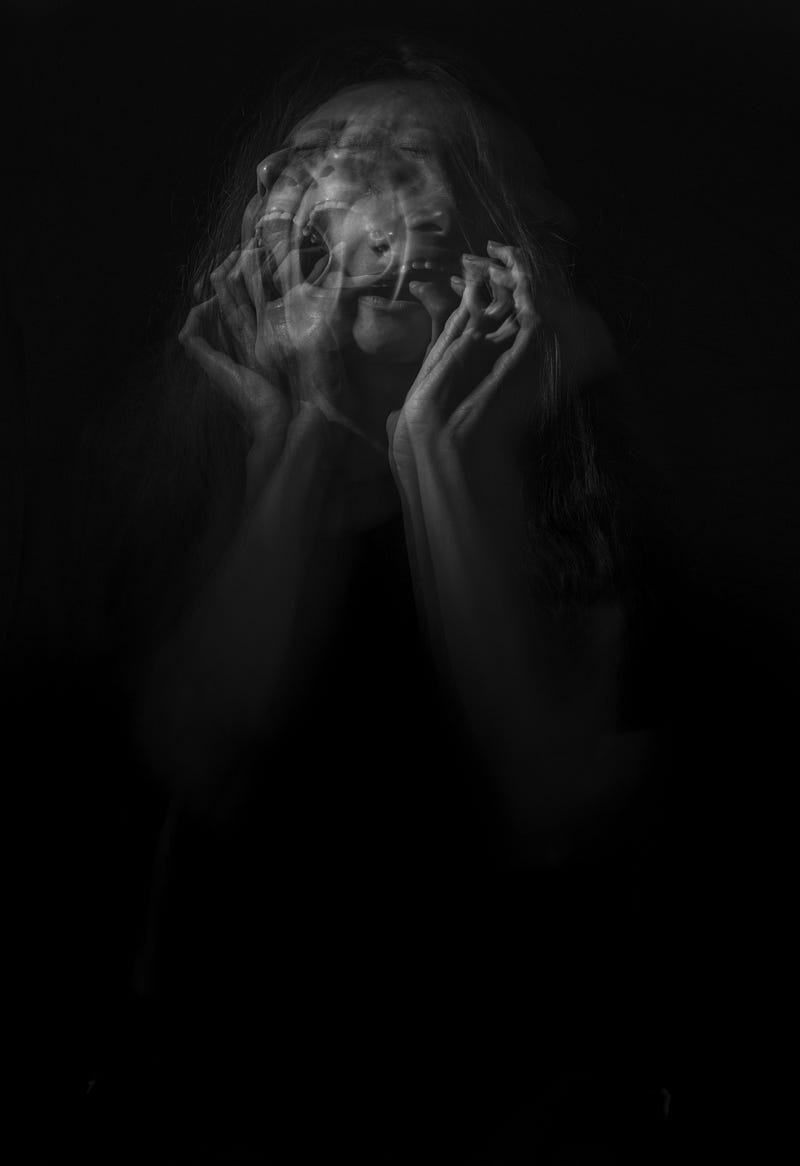
Obsessive-compulsive disorder is one of the most common disorders 1 in 40 adults in the U.S. is said to have it or have had it. We recognise OCD by one of two traits. Repetitive, intrusive, uncontrollable thoughts or urges also known as obsessions; and repetitive behaviour or mental acts that a person feels compelled to act upon, known as compulsions.
Say I was to go for a drive and when I got home from that drive I started to experience images that I have run over a fox on that drive. It then repeats this image in my mind, becoming an obsession. Because of this thought that I have run over a fox. I drive back along the route that I just took looking for the dead fox. I know however that these images are not real but I am comforted because I checked by re-visiting that route.
Here, my uncontrollable thoughts or obsession that I have hit a fox with my car on the way home, has led me to act on compulsion and drive the route again. But of example, if I just had the thought or just did the drive I would still have OCD. The criteria only ask for one of the two, to meet the standard for OCD.
Obsessions
Common types of obsessions in OCD fall into different categories. These are:
Contamination: That you have been infected with some sort of disease, for example, using the public toilet now I have herpes.
Responsibility for harm: I hit a fox while driving home
Sex and morality: What if I can’t resist kissing this person
Violence: What if my lover is stabbed on the way home from work
Religion: God is watching me masturbate
Order: A feeling that objects must be perfectly arranged
Rumination is of a side effect of OCD, but it is more encompassing of anxiety. Rumination is a state of remembering past events to gain control over them.
Compulsions
Compulsions are repetitive actions. They commonly fall into five groups:
Decontamination: cleaning obsessively
Checking: Checking the car is lock multiple times
Repeat routine activities: Repeating words or touching
Order: Sorting things in alphabetical order
Mental rituals: Counting solving maths problems or repeating a phrase one's mind until the anxiety has revelled
OCD can be so bad that it can look like the person has psychosis. This is where the person loses touch with reality. However, in OCD, this is not the case the person knows somewhat that what they think is not real even if it is a slight insight into their condition.
Treatments
Treatments for OCD is usually CBT and a combination of medication, however, sometimes, this isn’t effective and the person will have to go through electroshock therapy. This only happens in 10% of the OCD population though and is rather rare.

Post a Comment